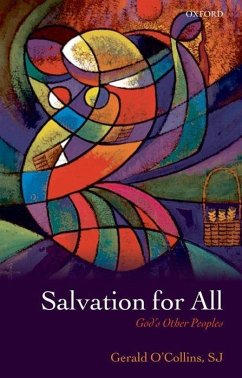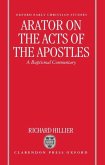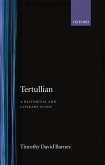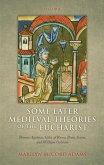This book examines in depth and at length what the Old Testament and the New Testament hold about the salvation of God's "other peoples." The Bible repeatedly bears witness to the universal scope of divine love for all human beings, and to the chances of salvation available to them. Since the Israelites experienced for many centuries, both at home and abroad, the religion and culture of numerous other peoples, the Old Testament texts have much to say, both positively and negatively, about the religious prospects and destiny of these peoples. In its second half, this book scrutinizes what Jesus, the evangelists, Paul, and the Letter to the Hebrews indicate about God's loving designs for all human beings. In the end, O'Collins breaks new ground by developing the universal presence of the risen Jesus (along with the Holy Spirit) and his role as universal Wisdom, and the full teaching of the Letter to the Hebrews on the possibility of faith for all people.








